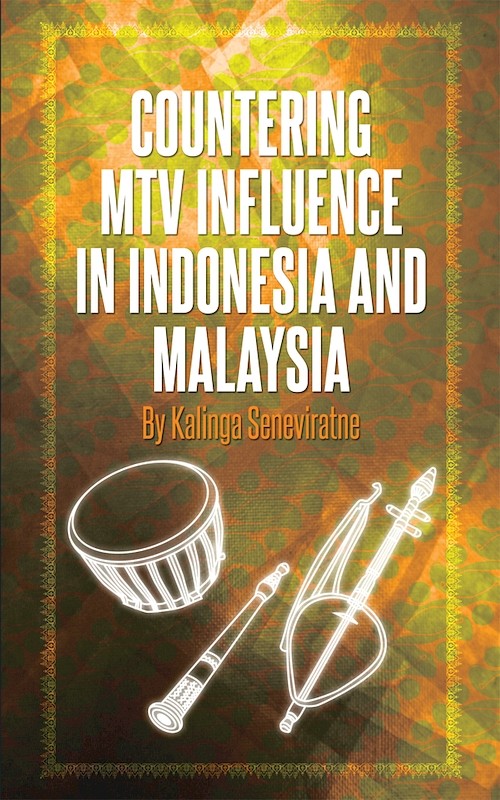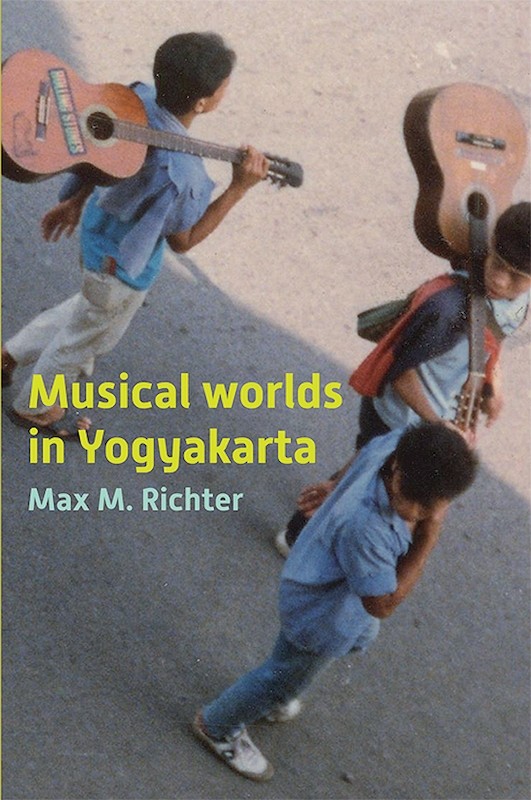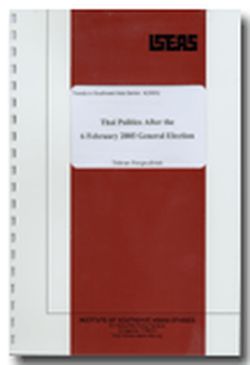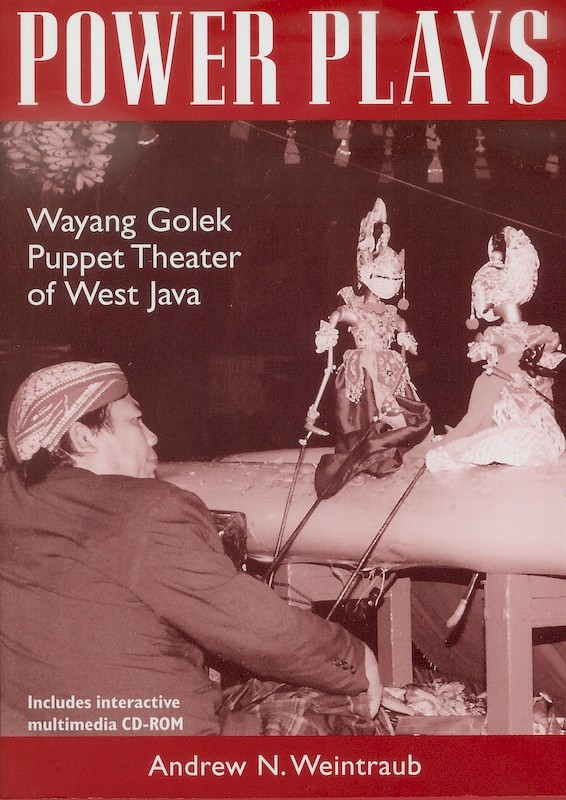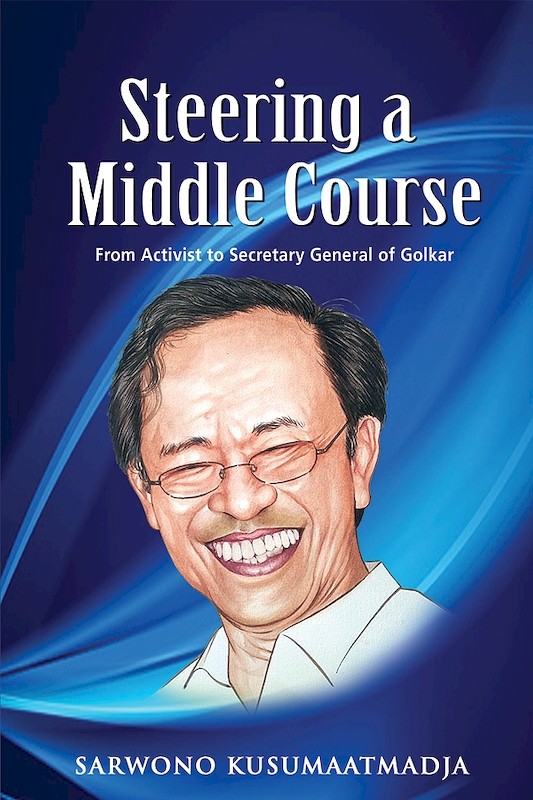Zubir Said, the Composer of Majulah Singapura
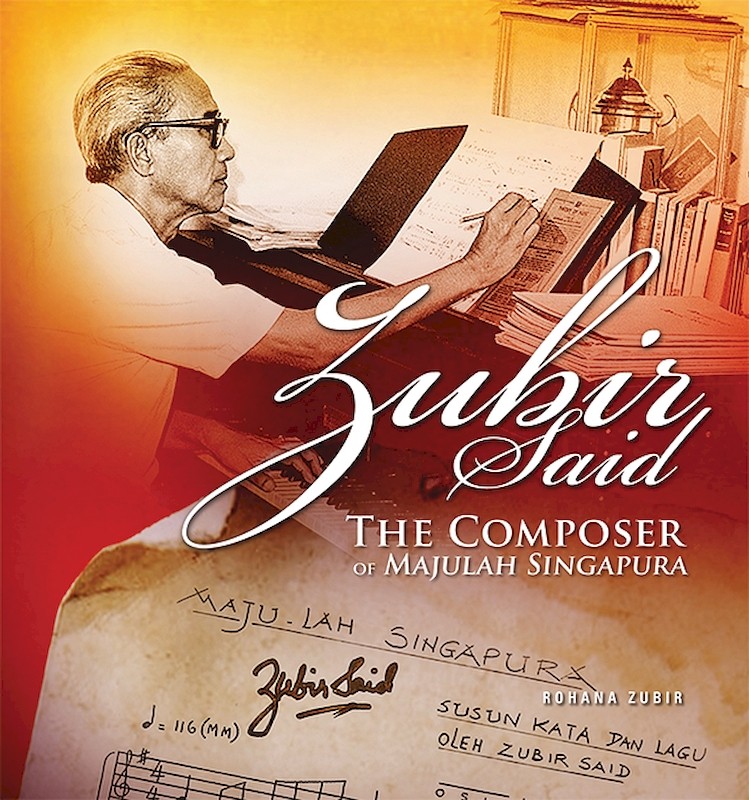
Rohana Zubir, author
Date of publication:
2012
Publisher:
Institute of Southeast Asian Studies
Number of pages:
280
Code:
LH22
Hard Cover
ISBN: 9789814311816
About the publication
Zubir Said is best known as the composer of Majulah Singapura, the national anthem of Singapore, Semoga Bahagia, the Singapore school anthem, and Melayu Raya. Born into a humble and religious family in Sumatra where music was considered haram, at 21 he set out to seek his fortune in Singapore, attracted initially by the glittering lights and the availability of butter and kopi susu, but soon by the opportunities it offered him to pursue his dreams. Armed with his first musical instrument, a bamboo flute he had carved himself, and a basic knowledge of music number notations, Zubir taught himself to read, write and compose music. Despite the many challenges he faced, he became a musical icon of the 1950s and 1960s on both sides of the Straits of Johor, at a time when Independence was the clarion call and nationalist fervour was running high.
The nationalist sentiments nurtured in Zubir's youth during the Dutch and Japanese occupations of Indonesia were channelled into his numerous compositions of national songs. Highly acclaimed at the time, some of the compositions later became a source of discontent and a platform for political debate. During a period in the wilderness, he immersed himself in the world of films, composing songs and background or "mood" music, and pioneering voice dubbing. The advent of recorded music in films, however, led to a third career. During the lean post-war years, he had mastered the art of photography and became a busy freelance photographer. He developed a unique method of teaching music, the SOLMISASI system of number notations, to nurture talent and a love of music among young children.
This book, which includes numerous photographs, documents, musical scores and articles, as well as a CD of a selection of Zubir Said's compositions, vividly reveals one of Singapore's leading composers as family man, friend, composer and mentor. It also accords Zubir Said his rightful place in the history of Singapore.
The nationalist sentiments nurtured in Zubir's youth during the Dutch and Japanese occupations of Indonesia were channelled into his numerous compositions of national songs. Highly acclaimed at the time, some of the compositions later became a source of discontent and a platform for political debate. During a period in the wilderness, he immersed himself in the world of films, composing songs and background or "mood" music, and pioneering voice dubbing. The advent of recorded music in films, however, led to a third career. During the lean post-war years, he had mastered the art of photography and became a busy freelance photographer. He developed a unique method of teaching music, the SOLMISASI system of number notations, to nurture talent and a love of music among young children.
This book, which includes numerous photographs, documents, musical scores and articles, as well as a CD of a selection of Zubir Said's compositions, vividly reveals one of Singapore's leading composers as family man, friend, composer and mentor. It also accords Zubir Said his rightful place in the history of Singapore.
Contents
-
Zubir Said, the Composer of Majulah Singapura
[Whole Publication, ISBN: 9789814311823] -
Preliminary pages
-
1. The Birth of an Anthem and Challenges to Overcome
-
2. Headlong into Adulthood
-
3. Mystical Singapore: City of Lights, Butter, Coffee and Milk
-
4. World War II: New Directions
-
5. Where the Sky Above I Hold, the Earth Beneath I Tread
-
6. 190A Joo Chiat Place: A Sanctuary of Bliss and Blessed Woes
-
7. The Lull, Celebrations, Music, Respite ,Then the...
-
8. The Storm Afterwards
-
9. The Birthday Bash and Final Curtain
-
Epilogue
-
Bibliography
-
Index
-
About the Accompanying Music CD

